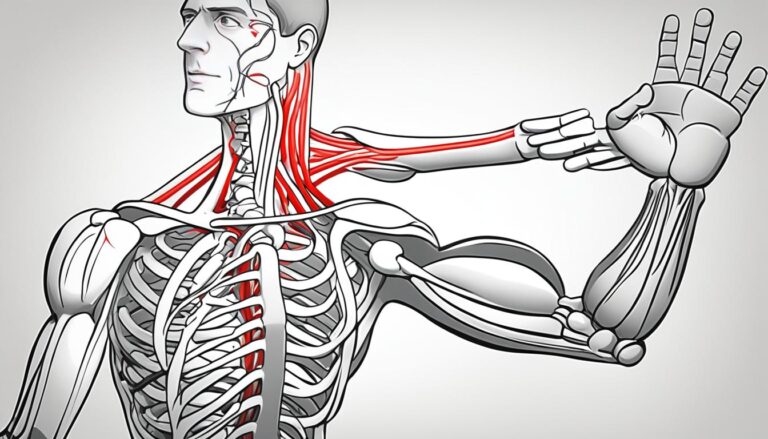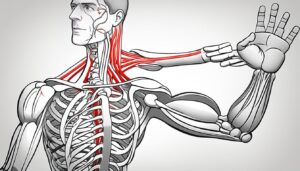Not everyone wants a job that just pays the bills. Some want work that matters. For those who care deeply about their surroundings and the well-being of people, a role in public service can be a rewarding direction. From managing outreach programs to helping prevent future outbreaks, this field touches lives every day. As demand rises for trained professionals who understand data, policy, and communication, more flexible options have become available. For people balancing personal responsibilities, a remote learning program makes it easier to get started without relocating or pressing pause on their current plans.
Here’s how you can pursue a career in this field:
Understand Why Public Health Matters More Than Ever
Today’s world brings complex problems that demand practical, evidence-based responses. From nutrition access and clean water to disease tracking and emergency preparedness, the field covers a wide range of topics. It supports efforts to improve conditions across neighborhoods, cities, and countries. When disaster strikes, professionals in this area often coordinate response efforts. When trends emerge in chronic illness or addiction, they are the ones working behind the scenes to figure out what’s happening and how to respond. Their contributions touch every layer of society.
What You’ll Learn in a Public Health Program
An online program enables students to explore the multifaceted factors that impact community well-being. Studying remotely gives people the flexibility to learn from anywhere, making the BS in Public Health online at Northwest Missouri State University a practical choice for many. The format blends structure with adaptability, helping students manage their time while staying engaged with instructors and classmates. Courses examine the connection between environment, behavior, economics, and policy. With this well-rounded structure, students gain both a broad understanding and specific knowledge that can be applied in many roles.
The curriculum includes classes in nutrition, epidemiology, global concerns, health communication, and environmental safety. It also emphasizes analysis, research methods, and practical planning. What makes this program especially valuable is the support system built into the virtual learning format. Faculty members bring years of experience, offering not just academic instruction but guidance rooted in their own professional paths. Whether someone wants to start in nonprofit outreach, work in a local department, or continue toward graduate school, this learning path can provide a solid foundation.
Career Options That Reach Every Level of Public Impact
Graduates can work in more than one kind of setting. While some support city departments or nonprofit programs, others handle data in research organizations or contribute to outreach efforts in schools. A person might help design strategies that improve wellness in rural areas. Another may work in public education, managing campaigns that spread awareness about nutrition, mental health, or immunizations.
This field is ideal for people who enjoy working with others and want to make their efforts count. The need for flexible thinkers, quick learners, and solution-focused professionals has expanded in recent years. This degree opens the door to a wide variety of options in government, advocacy, and analysis.
Real-World Learning That Goes Beyond the Textbook
A good program gives students more than facts. It helps them apply what they know. That’s why the courses include hands-on projects, real case studies, and opportunities to think through complex situations. Students explore how to evaluate data, identify patterns, and present findings that could support funding decisions or policy changes.
Rather than memorizing long lists, they learn how to think critically, work with teams, and adjust to changing priorities. These are the kinds of tools people need in this field because real-life challenges rarely follow a script.
The Role of Research and Data in Creating Lasting Change
Collecting numbers is only part of the job. Understanding what those numbers mean and what to do next is what distinguishes a trained professional. Whether tracking the spread of illness, comparing regional access to services, or studying the results of a prevention campaign, data plays a key role.
This program helps students become confident in reviewing evidence, working with software, and forming conclusions that support real decisions. With this foundation, they are ready to take part in studies, apply research to programs, or help community groups make smarter choices.
Understanding the Role of Policy in Community Well-Being
Policy doesn’t just exist in textbooks. It shapes real outcomes. Students in this field learn how policies affect safety, access to services, food supply, and support systems. From zoning laws to health codes, many rules determine how resources reach people. By studying how these systems operate, learners can identify where they work and where they fall short.
Coursework often highlights the process of writing and evaluating proposals, understanding the lawmaking process, and reviewing how data can support effective legislation. This knowledge helps future professionals advocate for better solutions and collaborate with officials to improve access and response times.
This field calls for action, not just observation. Whether you’re coordinating a program, analyzing trends, or advocating for policy improvements, your contributions matter. A thoughtful academic path can equip you with the tools to step into these roles with purpose. With the right preparation, you’ll be ready to take part in work that supports communities and creates real results. It’s more than a degree. It’s a way to shape the world around you for the better.
















Leave a Comment